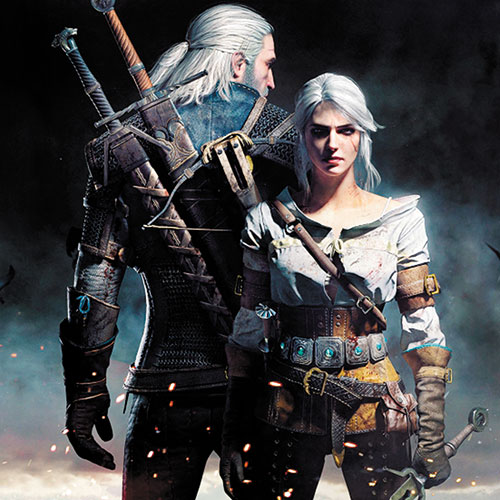PaigeFTW: Morality in The Witcher 3

BY PAIGE TAKEYA
I’ve done a lot of bad things in video games, but there are some lines I can never bring myself to cross.
I have no problems killing people in sadistic and gory ways — I’ve done everything from scalping a guy with a bandsaw to beheading parents in front of their horrified children without batting an eye — but ask me to cheat on my virtual boyfriend, and you have gone too far.
Morality in games is a funny thing, that way.
I’m deep into The Witcher 3 right now, and I find myself frequently having to put the controller down to think about what I’m doing.
Here’s a choice that stumped me last weekend: A malicious spirit is imprisoned in a tree. I can kill it and spare a nearby village from its wrath, or I can set it free, and it will repay me by saving five innocent children from a terrible death.
The sacrifice of a few for the good of the many seems like the obvious choice. But I couldn’t bring myself to let those children die. (I played hide and seek with those kids, just hours before!) So I freed the spirit.
I saved those kids. But dozens of other people died as a result. Still, I don’t know that I could choose any differently, even knowing the consequences.
You learn a lot about yourself from video games. Face me in combat and I’ll cut any man down, but I can’t bring myself to order anyone’s execution. I hate giving anyone money, ever, but I never steal or swindle.
The gaming process becomes reflective, in a way, a kind of moral self-examination that surprises you. Sure, most games are about killing something somewhere somehow, but these are also worlds where you can try to be a better person.
At least, that’s what I tell myself as I set bandits on fire and forcibly extract their intestines from their bodies.











